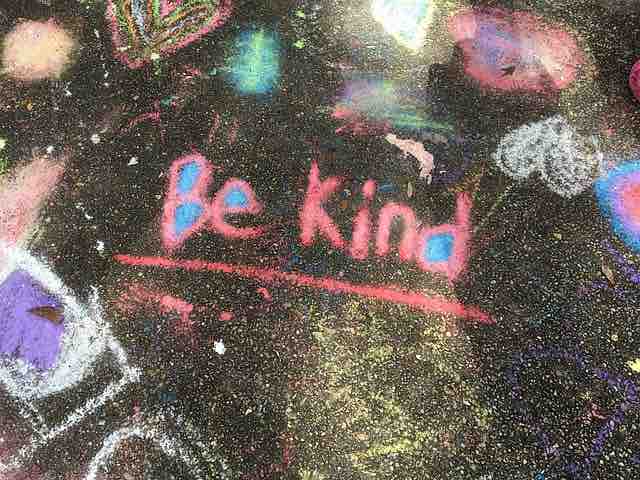Be Kind to Unkind People
05 Apr, 2023

Learn The Power of Kindness: How to Respond to Unkind People with Compassion
In a world where kindness can sometimes feel like a scarce commodity, encountering unkind people is unfortunately all too common. Whether it's a rude comment from a stranger, a hurtful remark from a coworker, or even betrayal from someone we trusted, navigating interactions with unkind individuals can be challenging. However, responding with kindness in the face of unkindness can be a transformative act, not only for the recipient but also for ourselves. Here’s why and how we can practice kindness towards unkind people.
Before delving into how to respond with kindness, it's important to understand where unkindness often stems from. Unkind behavior can arise from various sources such as insecurity, stress, past traumas, or simply a lack of awareness of how one's actions impact others. While this understanding doesn’t excuse hurtful behavior, it can foster empathy and compassion in our responses.
Choosing kindness in the face of unkindness is not a sign of weakness, but rather a display of strength and resilience. When we respond with kindness, we disrupt the cycle of negativity and create opportunities for connection and understanding. Kindness has the power to disarm hostility, diffuse tension, and even inspire positive change in others.
How to Be Kind to Unkind People
Practice Empathy: Try to put yourself in the other person's shoes and understand what might be causing their unkind behavior. This doesn’t mean condoning their actions but rather recognizing their humanity and the struggles they may be facing.
Respond, Don’t React: When faced with unkindness, take a moment to pause and collect your thoughts before responding. Reacting impulsively may escalate the situation, while a thoughtful response can help steer the interaction towards a more positive outcome.
Set Boundaries: While responding with kindness, it’s also crucial to set and enforce boundaries to protect yourself from further harm. Communicate assertively and respectfully about what behavior is unacceptable while maintaining your composure.
Lead by Example: Be the embodiment of the kindness you wish to see in the world. Show compassion not only towards the unkind individual but also towards others around you. Your actions can inspire others to choose kindness in their interactions as well.
Practice Self-Compassion: Dealing with unkindness can be emotionally draining, so remember to be kind to yourself. Practice self-care and self-compassion, and seek support from friends, family, or a therapist if needed.
Forgive, but Don’t Forget: Forgiveness is a powerful tool for letting go of resentment and moving forward, but it doesn’t mean forgetting the lessons learned from the experience. Use it as an opportunity for growth and self-reflection.
Conclusion
Responding with kindness to unkind people is not always easy, but it’s a choice that can have a profound impact on both ourselves and others. By understanding the root causes of unkindness, practicing empathy, setting boundaries, and leading by example, we can cultivate a culture of kindness that transcends negativity and fosters compassion and connection. So let’s choose kindness, even in the face of adversity, and watch as it transforms not only the world around us but also our own hearts and minds.
https://santeaching.com/contact
https://youtu.be/NRXeNf1gFME?si=T3FBs0OnYug1kPJY




